- Over 200 IDPs in Ponnagyun struggle without shelter, food aid
- Junta airstrikes inflict deep psychological trauma on children in Arakan State
- Photo News: Over 200 IDPs in Ponnagyun in urgent need of shelter assistance
- Two children injured by UXO in Mrauk-U struggle to afford medical care
- High hepatitis cases hit children in Arakan State
Election monitors say UEC mum on make-up voting in northern Arakan
The Union Election Commission (UEC) has not divulged anything about prospects for holding make-up elections in Arakan State townships where voting was cancelled on November 8, with no signs of the groundwork that would be required if elections were to be held in these areas in the near-term, said the Arakan Election Monitoring and Observation Consortium.
09 Dec 2020
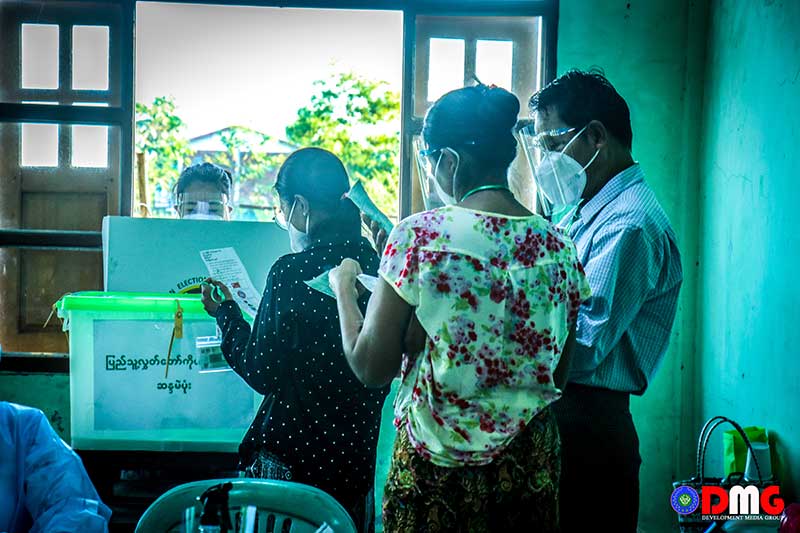
Min Tun | DMG
9 December 2020, Sittwe
The Union Election Commission (UEC) has not divulged anything about prospects for holding make-up elections in Arakan State townships where voting was cancelled on November 8, with no signs of the groundwork that would be required if elections were to be held in these areas in the near-term, said the Arakan Election Monitoring and Observation Consortium.
U Khaing Kaung San, a leading member of the AEMOC, said there was no UEC activity in these areas that would seem to indicate impending elections.
“If the UEC has a plan to hold an election in December, it will have to announce eligible voters’ lists right now. But nothing is seen so far,” U Khaing Kaung San said.
On the same day that the Arakan Army called on the National League for Democracy (NLD) government and the Tatmadaw to hold elections by the end of December in the townships where voting was cancelled on November 8, the Tatmadaw released a statement welcoming the AA entreaty.
Clashes in Arakan State have subsequently decreased significantly, and leaders from both sides on November 25 convened an online discussion about a potential ceasefire and the holding of elections in areas where voting was cancelled on November 8.
Meanwhile, the NLD government and the UEC have been criticised for their handling of the 2020 general election.
“[Their] reason for the cancellation of voting in these areas was lack of security in the region because fighting was occurring there between the Tatmadaw and the AA. I think it was a dishonest act because the UEC doesn’t do anything to hold elections now when both sides showed a willingness to hold elections in these areas,” said U Zaw Zaw Tun, secretary of the Rakhine Ethnics Congress.
“If both sides cease fire, there is security in these areas,” he continued.
U Zaw Zaw Tun added that he suspected the UEC delayed in arranging make-up elections for the affected townships because the areas disenfranchised last month are not favourable electoral terrain for the NLD.
Dr. Myo Nyunt, spokesperson for the NLD, said the groups demanding that elections be held in northern Arakan State were misunderstanding the election law.
“The existing election law does not mention holding related elections. It provides for general elections and by-elections. I believe they are misinterpreting the law,” he said. “One should not define a law as what one wants to do. If they want to hold elections in the areas where voting was cancelled during the general election, not only the AA and Tatmadaw, but also the UEC and NRPC [National Reconciliation and Peace Centre] need to discuss amending the law in Parliament. Then, they can hold elections in these areas as an additional election.”
The NLD welcomed in principle the discussions between the Tatmadaw and the Arakan Army, but those talks needed to be all-inclusive to be effective, he added.
Pyithu Hluttaw lawmaker U Pe Than from Myebon Township said he worried that fresh clashes might flare in the areas under discussion if the government did not accommodate the Arakan Army’s demand that make-up elections be held by year’s end.
Following a trip to townships in Arakan State where general election voting was cancelled, Yohei Sasakawa, Japanese special envoy for national reconciliation in Myanmar, said he felt elections could be held in the disenfranchised areas because he had observed signs of an improved security situation there.
He subsequently told The Irrawaddy news outlet that he was disappointed with the UEC because it appeared the commission did not want elections to be held where voting was nixed last month.




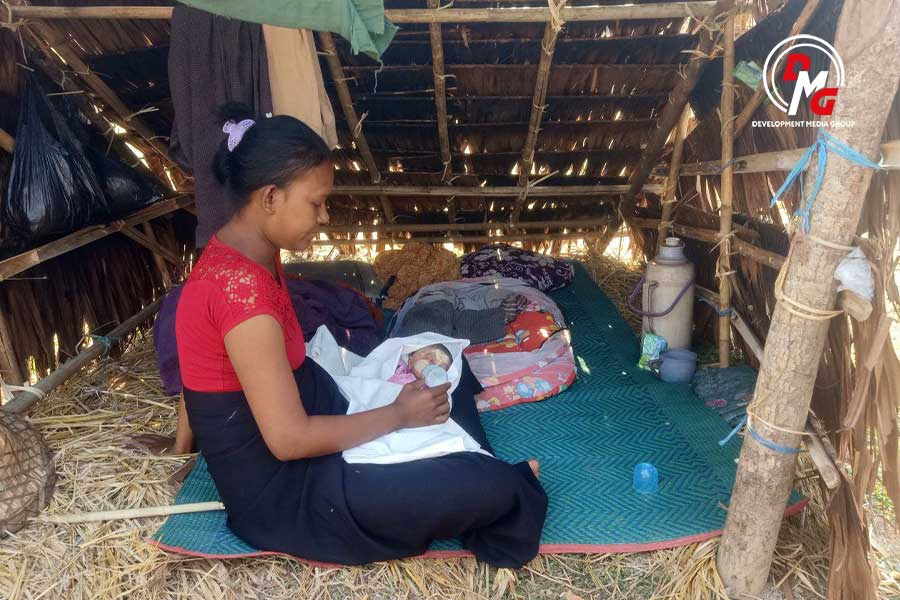
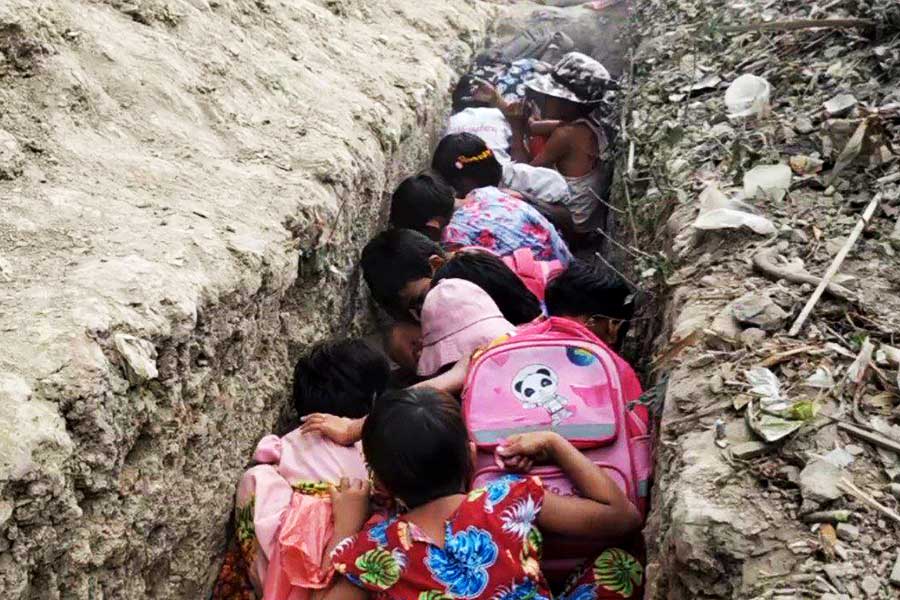
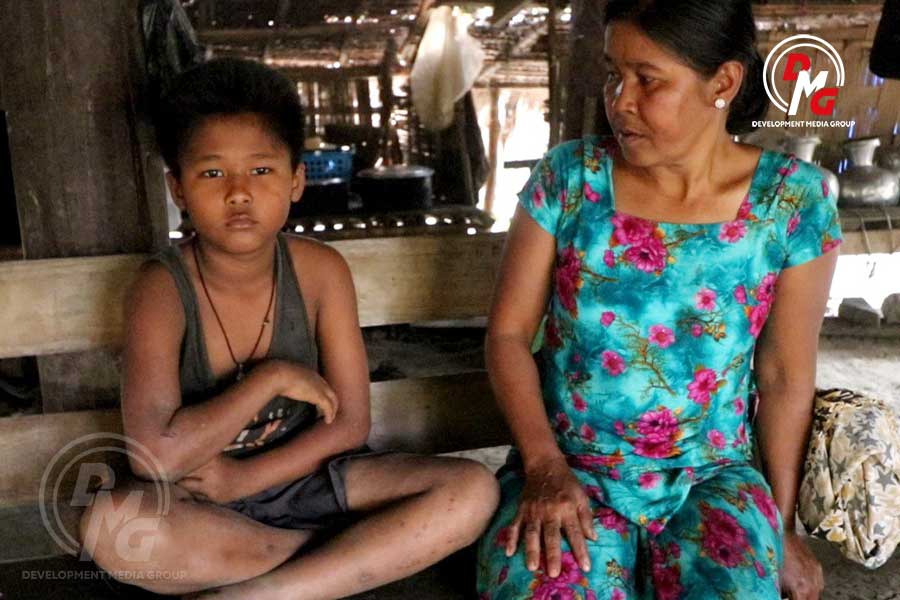
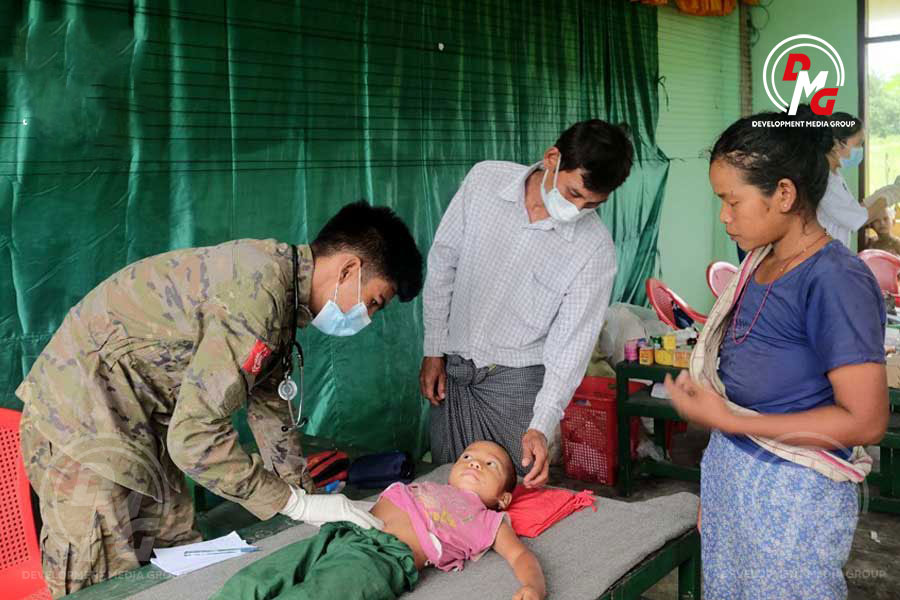
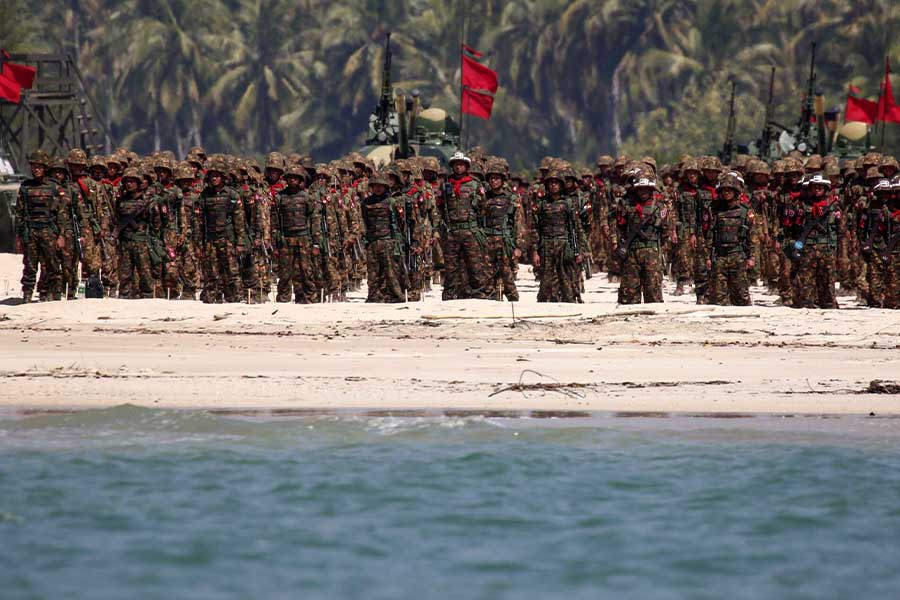








.jpg)